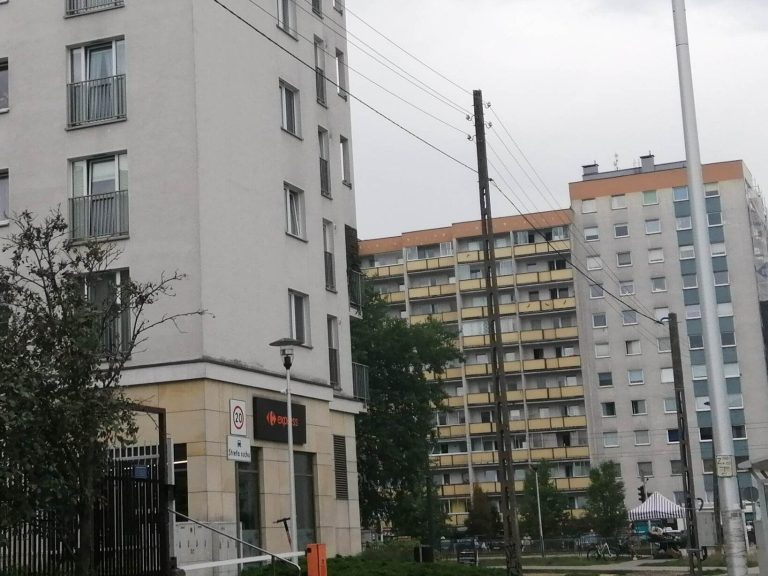A revolution in waste segregation is coming. Here’s what you need to know

Polish consumers, local governments and entrepreneurs are facing significant changes in the waste segregation and recycling system. The new regulations, including the introduction of a deposit system and the obligation to segregate textiles and construction waste, are aimed at adapting Polish law to EU standards and improving the state of the environment.
From January 1, 2025, we will see significant changes in the selective collection and recycling of waste. The most important of them will be the introduction of a deposit system. The deposit will cover plastic bottles up to 3 liters and cans up to 1 liter. Large stores will have to take back these packaging and return the deposit, but no receipt will be required to get it back. Small stores will be able to voluntarily join the system. Unclaimed deposit will be used to finance the deposit system.
Mandatory segregation of textiles
Local governments will have to separate textiles, mainly used clothing. This requires expanding selective municipal waste collection points or introducing alternative solutions. The construction industry will also face changes – developers and renovation companies will have to separate waste from investments into six fractions, such as wood, metals, glass, plastics, gypsum, mineral waste and ceramic materials, and stones.
The new regulations adapt Polish law to the requirements of the EU directive on reducing the impact of plastic products on the environment. Consumers will have to change their habits by returning packaging to stores. Entrepreneurs, on the other hand, will have to bear additional costs related to organizing new selective collection systems. Municipalities and companies must intensively prepare for the new regulations
Changes in the waste management system are aimed at increasing the level of selective collection and recycling, which will translate into lower environmental pollution. The new regulations will be a challenge for consumers, local governments and entrepreneurs alike, but they are necessary to adapt to EU standards.






